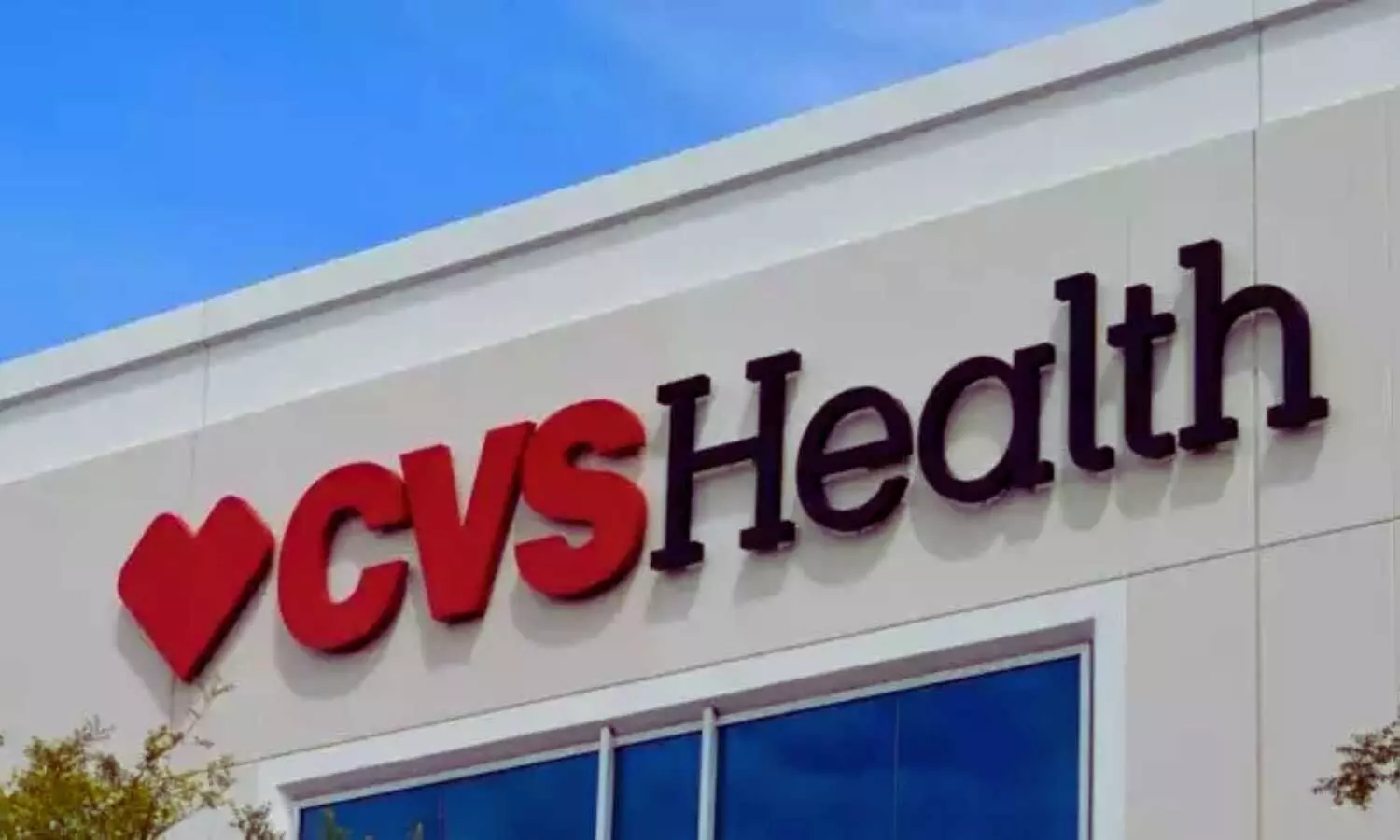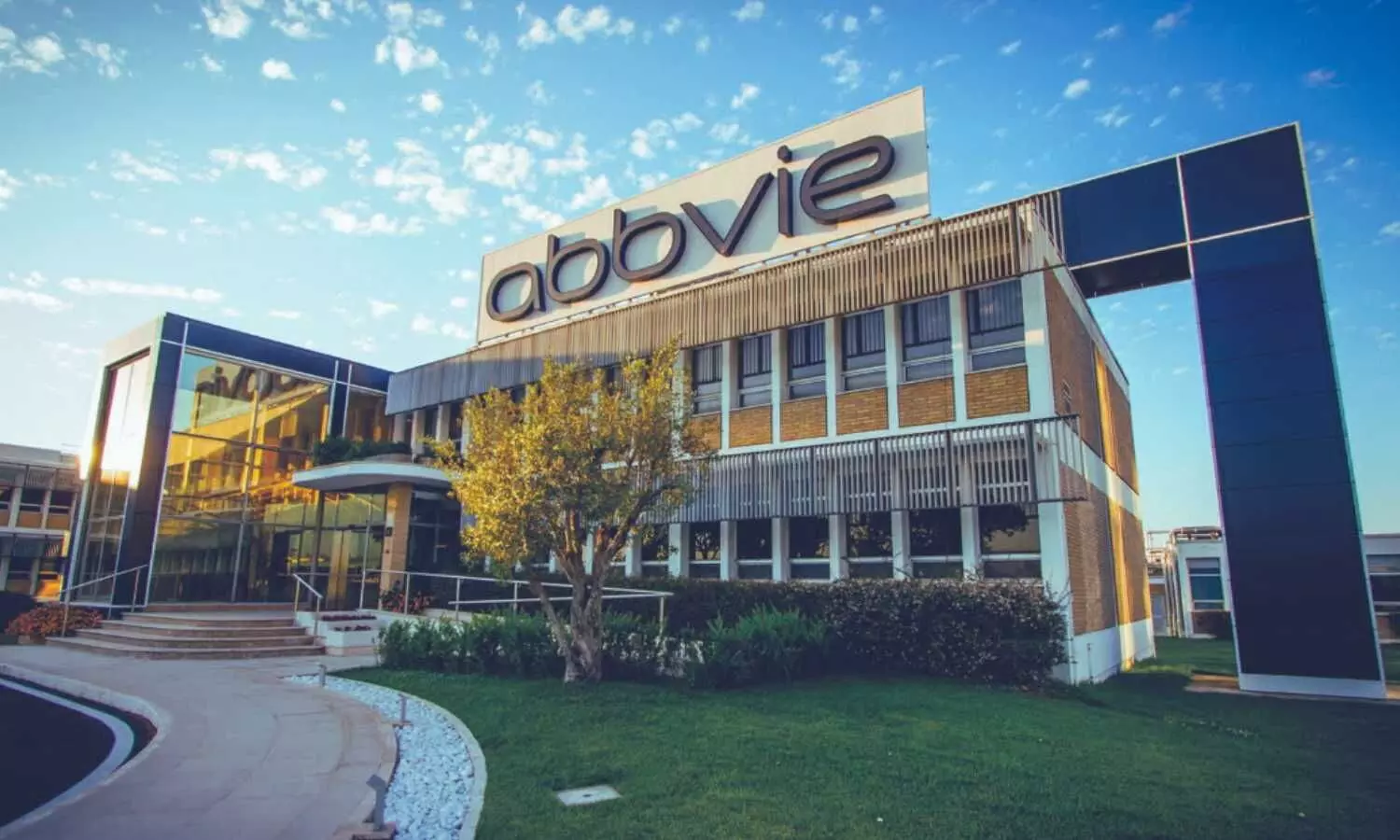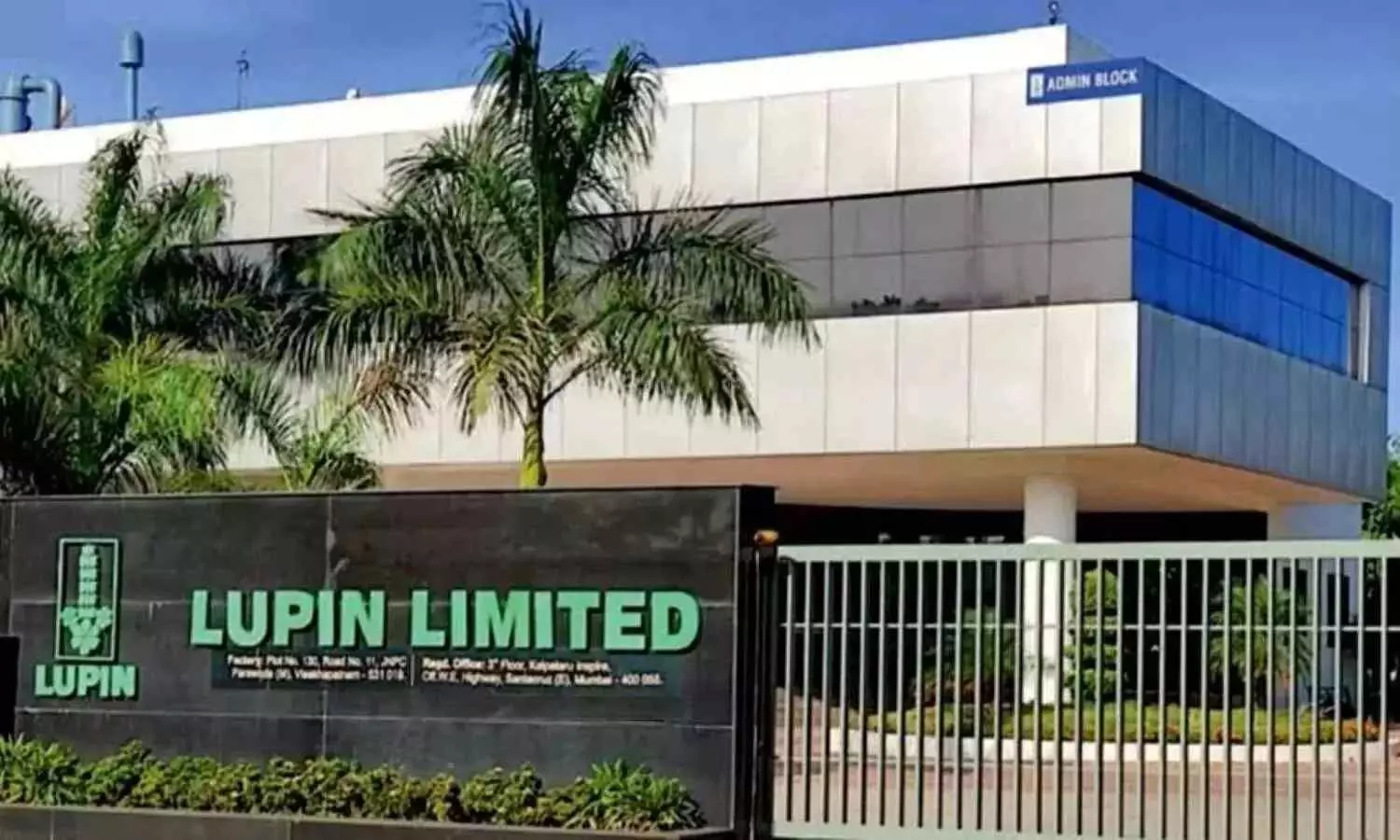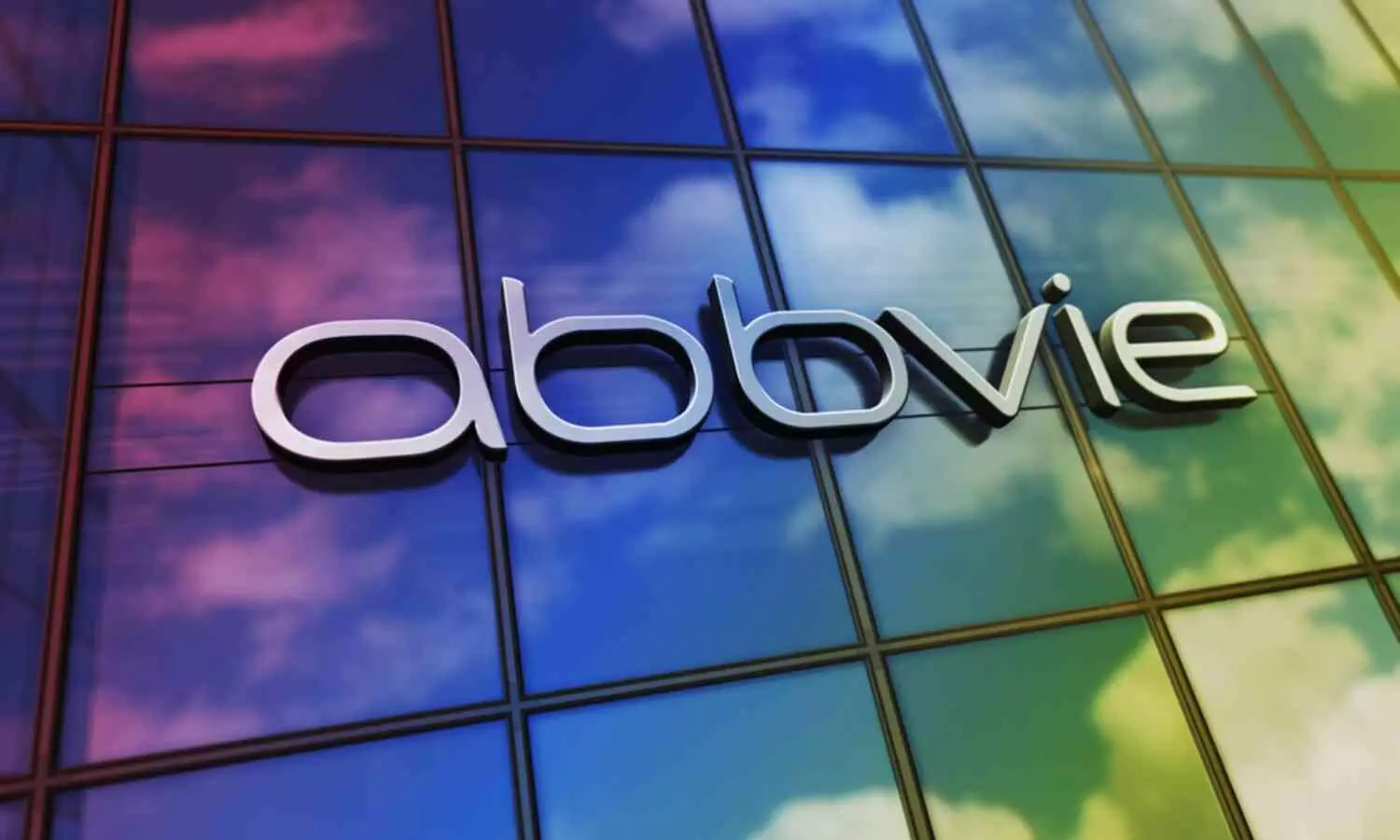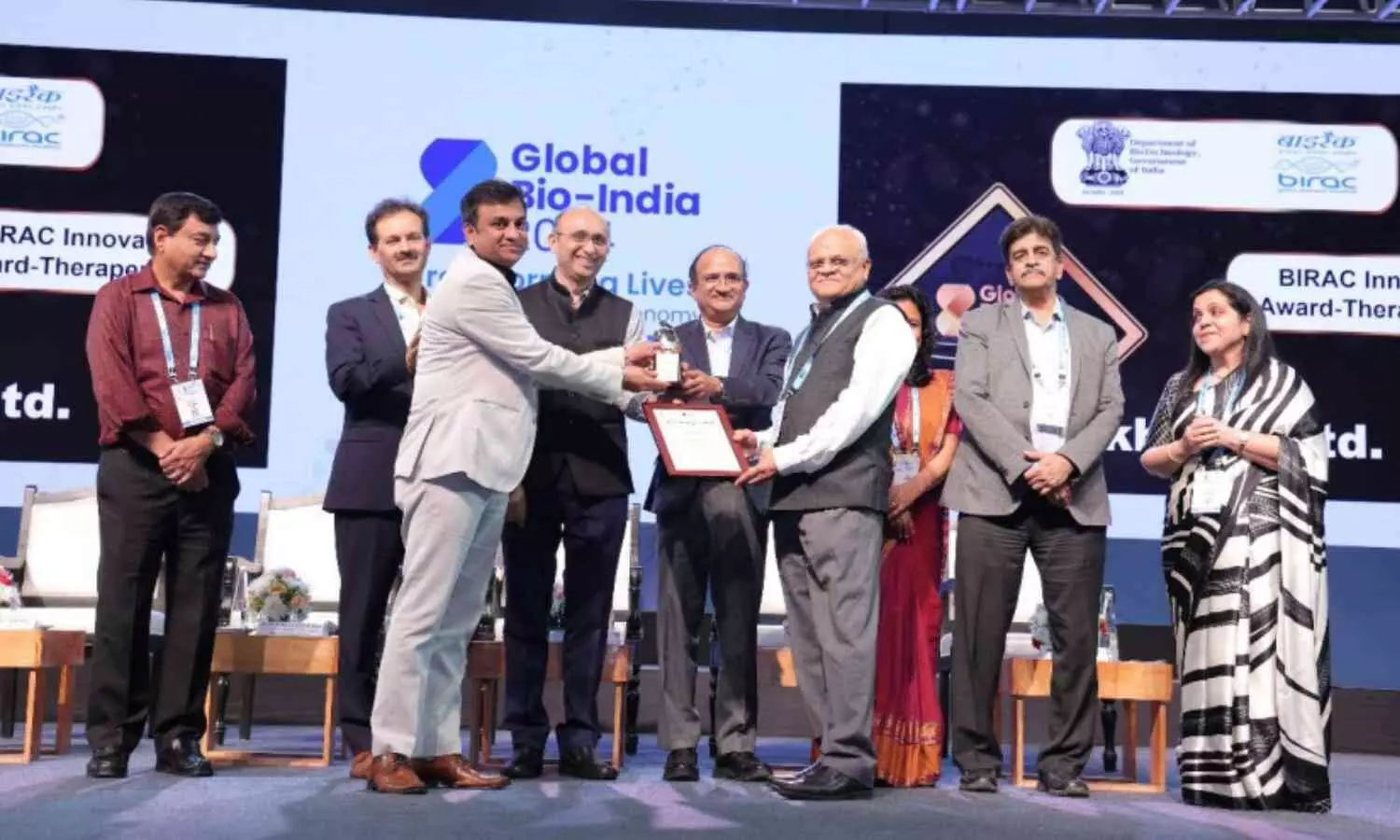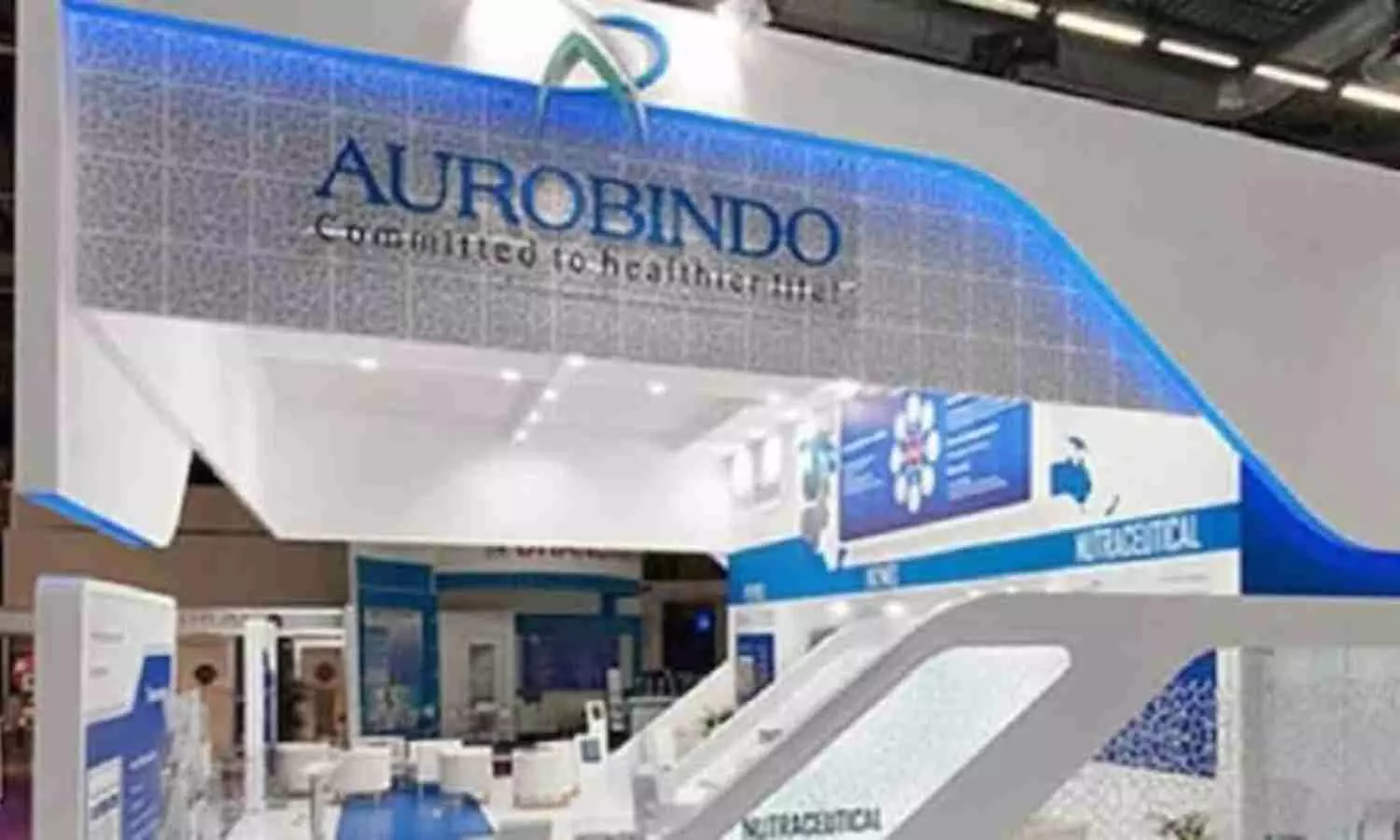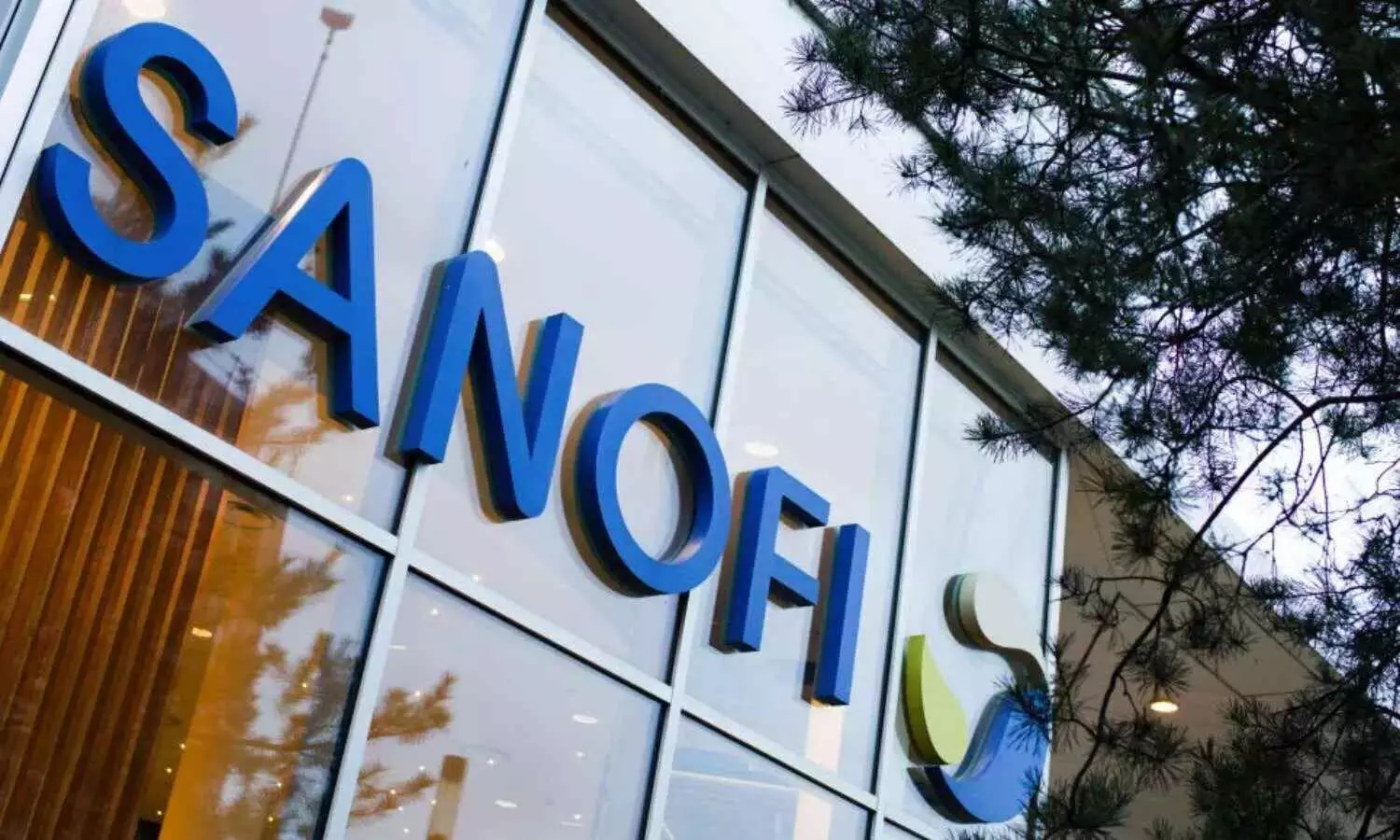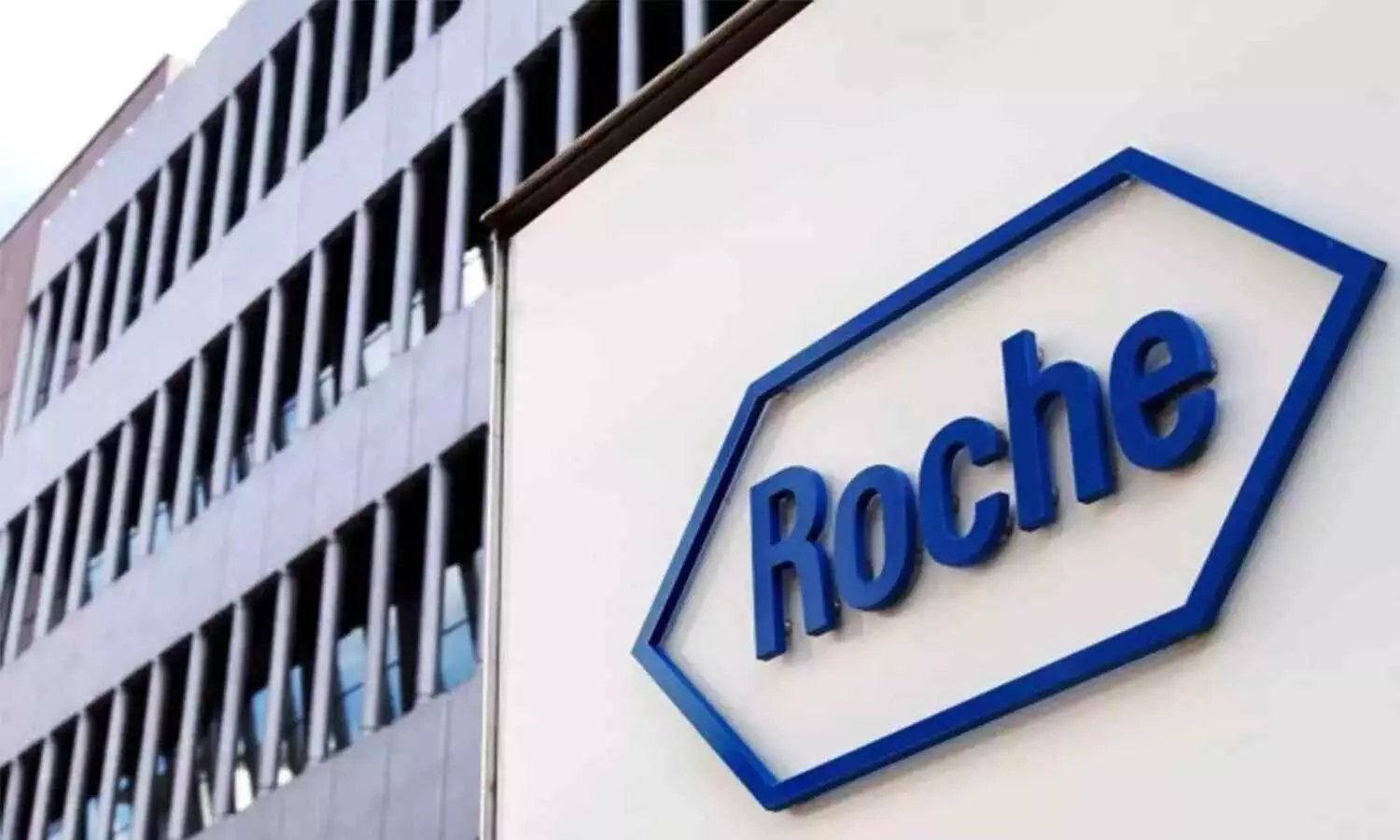Medical News, Health News Latest, Medical News Today - Medical Dialogues |
David Joyner Takes Helm at CVS Amid Aetna Challenge
New York: As CVS Health's new CEO David Joyner steps into the top job after Karen Lynch's quick departure recently, Wall Street analysts and some investors are questioning whether he has the right experience to turn around the Aetna health insurance business as it struggles with high medical costs.The change at the top, announced alongside news that CVS was withdrawing its 2024 earnings forecas
t and that third-quarter profit was going to be far below analysts' estimates, pushed shares down 5% on Friday.Read also: CVS Health CEO steps down amid financial challengesThe company is under pressure from investors, including activist Glenview Capital, to bring up the price of shares, which are down 24% in a year of record highs for the broader market and are nearly half of CVS's 2022 highs.Andrew Mok, a senior analyst at Barclays, said a leadership change "was largely expected given recent missteps." But he noted that Joyner's background does not feature health insurance or public company CEO experience, and pointed to "a leadership gap at Aetna that will likely need to be addressed near term."Four other analysts and investors also questioned Joyner's ability to turn around Aetna, which has struggled to rein in medical services costs affecting its Medicare Advantage insurance for people aged 65 and older. Its problems echo that of rivals in the same business, but are more pronounced.Executive Chairman Roger Farah said in a joint interview with Joyner that the board had been unanimous in selecting its new CEO, describing the succession planning as "very thorough.""Lots of thought went into this, lots of conversation," he added.In the interview, Joyner said he has the experience needed for the job and that he has already begun working to address the challenges confronting Aetna while in his previous role as a top executive at the company.He plans to hire his own management team, including to run Aetna, which had been overseen by Lynch after the previous leader, Brian Kane, left two months ago.Joyner pointed to his business initiatives including creating a new type of drug coverage for health plan customers and a new strategy for offering near copies of pricey biologic drugs.CHALLENGES AHEADHealth insurance companies typically aim to pay out about 80% of the premiums they collect for customer medical services. CVS said on Friday that the percentage of premiums spent on medical services had risen to 95%.That's a concern for investors like James Harlow, senior vice president at Novare Capital Management, which holds CVS shares. "I'm just not connecting the dots in terms of how Joyner coming in as CEO is going to solve those issues," he said.The move to appoint Joyner was largely a response to investors wanting a CEO change, according to Michael Ha, an analyst at Baird.Not all analysts were skeptical of the move.Joyner is remembered for turning around Caremark's business in the early 2000s, said Lisa Gill, an analyst at J.P. Morgan."David's direct management style and candor will be hugely valuable," Gill said.CVS said on Friday it had completed a strategic review and would sell non-core assets as well as close 271 retail pharmacies. Reuters had previously reported that it was considering splitting up pharmacy and insurance.In the interview, Farah addressed the potential for a breakup."There were some questions about whether or not the pieces or parts stick together," he said, "and I think our ongoing conclusion has been that it does and we just need to execute better."Read also: CVS Health to remove AbbVie rheumatoid arthritis drug Humira from some drug reimbursement lists in April
1 year 3 days ago
News,Industry,Pharma News,Latest Industry News
Medical News, Health News Latest, Medical News Today - Medical Dialogues |
Allergan's Botox Cosmetic now approved for treating platysma bands
IRVINE: Allergan Aesthetics, part of AbbVie, recently announced that the U.S. FDA has approved BOTOX Cosmetic for temporarily improving the appearance of moderate to severe vertical bands between the jaw and neck (platysma bands) in adults.
BOTOX Cosmetic is now the first and only product approved for four aesthetic treatment areas: forehead lines, frown lines, crow's feet, and platysma bands, marking its expansion beyond facial applications. "Research shows millions of consumers in the U.S. are extremely or very bothered by their platysma bands.6* Until now, treatment options have been limited and with this approval, there is a nonsurgical, injectable option to temporarily improve the look of vertical bands connecting the jaw and neck," said Darin J. Messina, Ph.D., Senior Vice President, Aesthetics R&D at Allergan Aesthetics. "This fourth indication for BOTOX Cosmetic represents true innovation. We're excited to open new doors for patients and providers, helping them to achieve their aesthetic goals."Read also: AbbVie seeks USFDA accelerated approval for telisotuzumab vedotin for previously treated non small cell lung cancerThe platysma is a thin muscle that stretches across the neck and lower face. When contracted, it can create visible neck bands and a less defined jawline. BOTOX Cosmetic treatment targets this muscle beneath the skin, temporarily reducing its activity to improve the appearance of the neck and jaw bands. Injections are administered along the jawline and vertical bands with one of the FDA-approved doses—26, 31, or 36 units—depending on the severity. Patients should consult a licensed aesthetic specialist to determine if this treatment is suitable for them."In my practice, the neck and lower face are always a standard part of my comprehensive aesthetic consultation. Many of my patients are often surprised by the significant impact that changes in these areas can have," said Dr. Terrence Keaney, board-certified dermatologist and pivotal clinical trial investigator. "With the approval of BOTOX Cosmetic for the treatment of platysma bands, including precise injection patterns and dosing, I can now confidently offer my patients a treatment option that can help deliver the results they are looking to achieve."Phase III clinical trials demonstrated a significant improvement in the appearance of platysma bands with BOTOX® Cosmetic compared to placebo (p<0.0001), meeting the primary endpoint. This was assessed by both investigators and participants. All secondary endpoints were also achieved, as measured by several validated patient-reported outcome (PRO) tools. In two studies, 65% and 62% of patients reported being "Very Satisfied" or "Satisfied" with their neck and jawline appearance 14 days after receiving 26, 31, or 36 units of BOTOX Cosmetic, compared to only 12% with placebo.Patients interested in BOTOX Cosmetic for platysma bands are encouraged to join Alle, the loyalty program from Allergan Aesthetics. Serving over seven million members across nearly 30,000 practices, Alle aims to educate consumers on aesthetic treatments and enhance practice operations. It offers a comprehensive rewards program, allowing members to earn points on over 50 treatments and brands, even beyond Allergan Aesthetics. Alle also offers flexible payment options through Alle Payment Plans, powered by Cherry, making aesthetic treatments more accessible.According to 2021 U.S. Census estimates, about 3.8% of respondents in a survey of 15,295 participants were "Very" or "Extremely Bothered" by their platysma bands, equating to nine million individuals. In clinical trials, a ≥2-grade improvement in platysma band severity was observed in 32% of patients with BOTOX Cosmetic compared to 2% with placebo in Study 1, and 31% versus 0% in Study 2, based on assessments at day 14.Payment options through Cherry Technologies are provided by various lenders, with terms, approval amounts, and promotional rates depending on eligibility. Iowa-specific loans are subject to unique criteria, with APR capped at 20.99%.Read also: AbbVie, FutureGen ink pact to develop Next-Generation Therapy for Inflammatory Bowel Disease
1 year 5 days ago
News,Industry,Pharma News,Latest Industry News
Medical News, Health News Latest, Medical News Today - Medical Dialogues |
CVS Health CEO steps down amid financial challenges
New Delhi: CVS Health CEO Karen Lynch has stepped down with company shares down 19% this year and the national drugstore chain struggling.Lynch will be replaced by David Joyner, who will attempt to steer the health care giant through a worsening environment of rising medical costs.Read also:
CVS Health to remove AbbVie rheumatoid arthritis drug Humira from some drug reimbursement lists in AprilCVS cut its financial expectations for the third time in August with all major pharmacy chains attempting to navigate a drastically changed landscape, facing competition online and elsewhere.Joyner, who will also join the company's board, most recently served as executive vice president of CVS Health, and president of CVS Caremark. He led the pharmacy services business, which provides solutions to employers, health plans and government entities and serves approximately 90 million members through Caremark, CVS Specialty, and other areas. Joyner has 37 years of health care and pharmacy benefit management experience.CVS Health also announced on Friday that Chairman Roger Farah will now be executive chairman."We believe David and his deep understanding of our integrated business can help us more directly address the challenges our industry faces, more rapidly advance the operational improvements our company requires, and fully realize the value we can uniquely create," Farah said in a statement.The Woonsocket, Rhode Island company's preliminary forecast is for third-quarter adjusted earnings of $1.05 to $1.10 per share, citing higher-than-expected medical cost trends. Analysts polled by FactSet predict earnings of $1.69 per share.Back in August CVS Health changed the leadership of its health insurance business as it continued to deal with escalating costs. At the time, the company named Lynch to lead its insurance segment, replacing Executive Vice President Brian Kane, who is left the company about a year after arriving.Rising claims from the company's Medicare Advantage coverage have hurt CVS Health for much of this year and contributed to repeated trimmings of its outlook for 2024. Medicare Advantage plans are privately run versions of the federal government's coverage program mainly for people age 65 and older.CVS Health also said in August that it has been hurt by a drop in quality ratings for those plans and pressure from Medicaid coverage it manages in several states.CVS Health's stock is down nearly 13% before the market open on Friday.Read also: Impact of Regular Aspirin Use on ASCVD Mortality in Adults with Elevated Lipoprotein(a) Levels
1 year 1 week ago
News,Industry,Pharma News,Latest Industry News
Medical News, Health News Latest, Medical News Today - Medical Dialogues |
Gland Pharma names Shyamakant Giri as new CEO
New Delhi: Gland Pharma has announced a major leadership change with the appointment of Shyamakant Giri as the new Chief Executive Officer (CEO), effective January 15, 2025. The appointment, approved by the Board and recommended by the Nomination and Remuneration Committee, aims to drive the company’s next phase of growth.
Shyamakant Giri is a business leader with over 25 years of strategic and operating experience in pharmaceuticals, devices, diagnostics and healthcare services in leading Indian and multinational organizations across Asia, Africa, MENA & LATAM markets. He possesses experience in creating new ventures and improving existing businesses, developing leaders, identifying opportunities for value creation, and executing with discipline. His specialties include Business Development, Operations, Strategy, Product Marketing, start-ups, and turnarounds.Read also: USFDA approves Gland Pharma Plerixafor InjectionGiri is currently serving as the President (India Business & Emerging Markets) of Amneal Pharmaceuticals, responsible for the commercial expansion and growth in India and Rest of the World markets. Previously, Giri was associated with Rivaara Labs as the Chief Executive Officer. Earlier, Giri was associated in various roles with Abbott India, AbbVie (India Region) and Abbott Diagnostics for almost eighteen years (2002-2020). Mr. Giri started his professional career with Wockhardt Ltd. and was associated during the period 1999-2002.Giri has done his Master’s in Marketing Management from Jamnalal Bajaj Institute of Management Studies and also holds a Master’s degree in Science (Organic Chemistry) from Mumbai University. He completed his Executive Programme from INSEAD, Singapore and Executive Programme in Hospital Management from Indian Institute of Management, Ahmedabad.
Consequent to appointment of new CEO of the Company, Srinivas Sadu shall continue to be the Executive Chairman of the Company effective January 15, 2025. Srinivas Sadu has been a Director on the Board since April 25, 2019. Srinivas Sadu is not debarred from holding the office of Director by virtue of any SEBI order or any other such authority.
Read also: Gland Pharma names Srinivas Sadu as Executive Chairman, CEO
1 year 1 week ago
News,Industry,Pharma News,Latest Industry News
Medical News, Health News Latest, Medical News Today - Medical Dialogues |
Lupin launches first generic of Pred Forte in US with 180-day exclusivity
Mumbai: Global pharma major Lupin Limited (Lupin) today announced the launch of the first generic version of Pred Forte (Prednisolone Acetate) Ophthalmic Suspension USP, 1% in the United States.
Being the first generic to be approved and launched, the company is entitled to 180-day competitive generic therapy (CGT) exclusivity, Lupin said in its recent statement.Prednisolone Acetate Ophthalmic Suspension USP, 1% is a generic equivalent of Pred Forte Ophthalmic Suspension, 1% of AbbVie, Inc. and is indicated for the treatment of steroid-responsive inflammation of the palpebral and bulbar conjunctiva, cornea, and anterior segment of the globe. Pred Forte had estimated annual sales of USD 198 million in the U.S. (IQVIA MAT August 2024).Read also: Lupin arm buys nine brands of Medical Nutritional Institute in South Africa“The launch of Prednisolone Acetate Ophthalmic Suspension is a milestone and is aligned with our commitment to enhancing access to innovative, affordable and quality healthcare solutions,” said Vinita Gupta, CEO, Lupin. “This will strengthen our ophthalmic portfolio and will benefit patients seeking effective treatment for steroid-responsive inflammation.”Read also: Lupin launches Mirabegron Extended-Release Tablets in US
1 year 1 week ago
News,Industry,Pharma News,Latest Industry News
Medical News, Health News Latest, Medical News Today - Medical Dialogues |
AbbVie seeks USFDA accelerated approval for telisotuzumab vedotin for previously treated non small cell lung cancer
North Chicago: AbbVie has announced submission of a Biologics License Application (BLA) to the U.S.
Food and Drug Administration (FDA) for accelerated approval of telisotuzumab vedotin (Teliso-V) in adult patients with previously treated, locally advanced or metastatic epidermal growth factor receptor (EGFR) wild type, nonsquamous non-small cell lung cancer (NSCLC) with c-Met protein overexpression.
Approximately 85% of lung cancers are classified as NSCLC1 and despite advances in treatment, lung cancer remains the leading cause of cancer-related deaths throughout the world. The c-Met protein is a receptor tyrosine kinase found to be overexpressed in approximately 25% of advanced EGFR wild type, nonsquamous NSCLC patients and is associated with a poor prognosis. Teliso-V is being evaluated within this patient population who currently have very limited treatment options.
"Patients with non-small cell lung cancer have unmet medical needs and oncologists are looking for new treatment options for these patients who unfortunately have a poor prognosis," said Roopal Thakkar, M.D., executive vice president, research and development, chief scientific officer, AbbVie. "We are hopeful that Teliso-V will be a differentiated treatment for certain patients as we look to elevate the standards of care in oncology."
In December 2021, Teliso-V was granted Breakthrough Therapy Designation by the FDA. The BLA submission is supported by data from Phase 2 LUMINOSITY trial (Study M14-239), an ongoing study designed to characterize the safety and efficacy of Teliso-V in c-Met overexpressing NSCLC populations. Data from the LUMINOSITY study were recently presented at the 2024 American Society of Clinical Oncology congress and topline data from this trial were shared in 2023. Teliso-V is being further evaluated as a monotherapy in patients with previously treated c-Met overexpressing NSCLC in the randomized Phase 3 confirmatory global study TeliMET NSCLC-01. Enrollment in the study is underway and continues across global clinical trial sites.
Read also: AbbVie, FutureGen ink pact to develop Next-Generation Therapy for Inflammatory Bowel Disease
1 year 3 weeks ago
News,Industry,Pharma News,Latest Industry News
Medical News, Health News Latest, Medical News Today - Medical Dialogues |
Wockhardt Chairman Dr Habil Khorakiwala conferred with BIRAC Innovator Award 2024
Mumbai: Biotechnology Industry Research Assistance Council (BIRAC), a Government of India enterprise, conferred the "BIRAC Innovator Award 2024" to Wockhardt's Chairman, Dr. Habil Khorakiwala.
On
his behalf, the award was received by the inventor, Dr. Mahesh Patel (Chief Scientific Officer - Drug
Discovery Research) during “Global Bio – India 2024” event held in New Delhi.
The award is in recognition of the highest level of innovation and research that led to successful
development of Nafithromycin (Miqnaf), which is the multi-drug resistant pathogen
active respiratory antibiotic for the treatment of Community-Acquired Bacterial Pneumonia.
Miqnaf(Nafithromycin) fulfils major unmet medical need as existing treatment based on
Azithromycin and Amoxicillin + Clavulanic acid have either developed resistance in contemporary
respiratory pathogens or lack the coverage of entire range of respiratory pathogens involved in Community-Acquired Bacterial Pneumonia.
As a result, many of these patients need to be
hospitalized due to limitations of current treatment options. With once-a-day, ultra-short, 3 daycourse of oral treatment, Miqnaf (Nafithromycin) would obviate the need of hospitalization for
many such patients.
Discovery and development of Nafithromycin at Wockhardt spanned over 12 years and involved
several Phase 1 and Phase 2 clinical studies which were conducted in USA and Europe.
Nafithromycin has successfully completed Phase III clinical trial in India and is awaiting DCGI
approval.
Globally, for the 1st time in 33 years, a new macrolide drug in the form of Miqnaf (Nafithromycin)
has been developed to treat millions of community respiratory infections through a convenient
home-based oral monotherapy.
Community Acquired Bacterial Pneumonia is one of the highest disease burden globally and in India,
responsible for high mortality, morbidity and hospitalization, particularly in children and older agepatients. India accounts for 23% of the global burden of pneumonia. The annual incidence of
Community-Acquired Bacterial Pneumonia in India is estimated to be 8-10 million infections. The
currently available drugs to treat Community acquired bacterial pneumonia majorly are
Azithromycin (>60% resistance) and Amoxicillin + Clavulanic which does not cover atypical
respiratory pathogens. Notably, atypical respiratory pathogens are implicated in >30% of
Community-Acquired Bacterial Pneumonia infections.
1 year 1 month ago
News,Industry,Pharma News,Latest Industry News
Medical News, Health News Latest, Medical News Today - Medical Dialogues |
Aurobindo Pharma net profit increases 61 percent to Rs 919 crore in Q1
New Delhi: Aurobindo Pharma has announced a 61 percent year-on-year increase in its consolidated net profit for the first quarter ended June 2024. The Hyderabad-based pharmaceutical company reported a net profit of Rs 919 crore, up from Rs 571 crore during the same period last year.
In a release, Aurobindo Pharma highlighted that its revenue from operations also saw a significant boost, climbing to Rs 7,567 crore in the June quarter compared to Rs 6,851 crore in the corresponding quarter of the previous fiscal year.
Commenting on the Company’s performance, Mr. K. Nithyananda Reddy, Vice-Chairman and Managing Director of the Company said: “We are pleased with our continued strong performance this quarter, with a significant top-line growth across all our business segments. Our profitability was sustained by improved gross margins and operational efficiencies, while ramping-up our recently commercialized plants. We are confident in our ability to achieve our growth targets for FY25.”
US formulations (excluding Puerto Rico) revenue increased by 13.3% YoY to INR 3,555 Cr (USD 426 million). Europe formulations revenue increased by 7.9% YoY to INR 1,982 Cr (EUR 221 million)
Whereas, Growth Markets revenue increased by 49.2% YoY to INR 709 Cr (USD 85 million).
Read also: Aurobindo Pharma secures USFDA okay for generic version of Novo Nordisk Vagifem
Aurobindo Pharma Limited is an integrated global pharmaceutical company headquartered in Hyderabad, India. The Company develops, manufactures, and commercializes a wide range of generic pharmaceuticals, branded specialty pharmaceuticals and active pharmaceutical ingredients globally in over 150 countries.
The company has 29 manufacturing and packaging facilities that are approved by regulatory agencies including USFDA, UK MHRA, EDQM, Japan PMDA, WHO, Health Canada, South Africa MCC, Brazil ANVISA. The Company’s product portfolio is spread over 7 major therapeutic/product areas encompassing CNS, Anti-Retroviral, CVS, Antibiotics, Gastroenterological, Anti-Diabetics and Anti-Allergic, supported by a strong R&D set-up.
Read also: Aurobindo Pharma arm buys Ace Lab for Rs 17.91 crore
1 year 2 months ago
News,Industry,Pharma News,Latest Industry News
Medical News, Health News Latest, Medical News Today - Medical Dialogues |
Sanofi Healthcare to infuse Euro 400 million in Hyderabad GCC by 2030
Hyderabad: Sanofi Healthcare India Pvt Ltd has announced a substantial expansion of its Global Capacity Centre (GCC) here outlining plans to inject Euro 400 million into the facility over the next six years, out of which Euro 100 million will be pumped in by next year.
At a press conference held, Madeleine Roach, Executive Vice President of Business Operations at Sanofi, highlighted the strategic significance of this expansion. She revealed that over the next two years, the GCC will expand to host up to approximately 2,600 employees, solidifying its position as the largest among Sanofi's four global hubs.
"We make quite a significant commitment. This is obviously a long term strategy. To set our deep footprint here, we are going to make a commitment of 400 million until 2030 (about Rs 3600 crore)," she said, adding that the centre currently has 1,000 employees. The official further said that the investments will primarily go into acquisition of talent and building new capabilities in order to run an operation of this scale, besides the state of the art facilities in Hyderabad. Established in 2019, the Hyderabad hub has grown exponentially from being a medical hub to now providing several best-in-class services for Sanofi's global functions and affiliates across the world, she said.
Emmanuel Frenehard, Executive Vice President and Chief Digital Officer, Sanofi said the ambition is to be the first biopharma company powered by Artificial Intelligence (AI) at scale. "From discovery to treatment, we are using AI ethically and safely to get to market faster with our drugs as there's plenty of unmet needs. We intend to onboard talent at the Hyderabad hub to embrace the power of AI across our value chain to harness the pace of scientific discovery, improve our productivity and place better decision intelligence in the hands of our people," he said.A senior official of the Pharma giant said 50 per cent of the Hyderabad centre's staff hold PhDs and Masters in Pharmaceutical Sciences, about 10 per cent are freshers from colleges such as National Institute of Pharmaceutical Education And Research (NIPER), and 20 per cent are tech people from IITs and other institutes.Telangana Minister for Industries D Sridhar Babu inaugurated the facility at HiTECH City here alongside Arunish Chawla, Secretary, Department of Pharmaceuticals and Thierry Berthelot, Consul General of France in Bangalore, a press release from Sanofi said
Read also: Sanofi Healthcare Gets CDSCO Panel Nod to Import and Market Belumosudil Tablets
1 year 3 months ago
News,Industry,Pharma News,Latest Industry News
Medical News, Health News Latest, Medical News Today - Medical Dialogues |
Roche to reintroduce Susvimo in US for neovascular age-related macular degeneration
Basel: Roche has announced the reintroduction of Susvimo (ranibizumab injection) 100 mg/mL for intravitreal use via ocular implant for the treatment of people in the United States (US) with neovascular or ‘wet’ age-related macular degeneration (nAMD), following the end of a voluntary recall.
The US Food and Drug Administration (FDA) has approved a post-approval supplement to the Biologics License Application for Susvimo, reflecting component-level updates made to the ocular implant and refill needle. Roche will work to make Susvimo available in the US to retina specialists and their patients with nAMD in the coming weeks.
“We are pleased to reintroduce Susvimo, a unique therapeutic approach shown to provide an effective alternative to regular eye injections by preserving vision with two refills per year in Phase III study patients with neovascular age-related macular degeneration,” said Levi Garraway, M.D., Ph.D., Roche’s Chief Medical Officer and Head of Global Product Development. “Susvimo’s return to the retina community reflects our unwavering commitment to provide innovative retinal treatments, and lays the groundwork for future advancements.”
Susvimo provides continuous delivery of a customised formulation of ranibizumab via the Port Delivery Platform, while other currently approved treatments may require multiple eye injections per year.
The Susvimo implant is surgically inserted into the eye during a one-time, outpatient procedure and is refilled once every six months using a specifically designed needle, which introduces a customised formulation of ranibizumab directly into the device. Susvimo was approved by the FDA in 2021.
The following year, Roche voluntarily recalled the ocular implant, insertion tool and initial fill kit in the US following test results that showed some implants did not perform to Roche’s standards. Roche has since updated the Susvimo implant and refill needle, and testing confirmed that they now meet these performance standards. Manufacturing process improvements were also implemented.
Read also: Roche Vabysmo prefilled syringe bags USFDA nod for three causes of vision loss
1 year 3 months ago
News,Industry,Pharma News,Latest Industry News
